Last updated on April 10th, 2023 at 03:12 pm
Everywhere we turn, the recommendation is to wear daily sunscreen to protect us from cancer and skin damage. However, it was when I learned about the toxic chemicals in most sunscreens and the body’s need for unprotected sunlight each day that I discarded this information.
Surprisingly, all the information I have learned on this topic has changed how I think about the sun, general and daily sunscreen usage, and overall health.
In fact, I spend a lot of time in the sunshine during the spring, summer, and fall – I rarely wear sunscreen and get sunburned. Moreover, I contribute a lot of this to my diet and lifestyle. So, as summer is quickly approaching and we are all dreaming of all the summer things, I wanted to share some helpful tips.
Is general or daily sunscreen bad for you? I’ll let you decide.
1. Did you know that the skin is the body’s largest organ and is permeable? So just like we always think about what we put into our bodies, it is important to shift our mindset and realize that whatever we put on our skin will eventually make its way into the bloodstream—at this point, causing havoc on our health without us realizing it.
2. Sunshine is the best form of the essential fat-soluble vitamin D – it does so much for the body. Sadly, most people are highly deficient. Most important, sunshine is the safest, most bio-available (or active) form of vitamin D that is not toxic to the body. This safe sun exposure allows our bodies to produce our own vitamin D supply naturally.
3. Most sunscreens contain very toxic chemicals that mimic our hormones, especially estrogen in females. Furthermore, this can lead to various health issues, especially concerning the reproductive system, thyroid, and other hormones.
4. Over 500 of the most popular sunscreens may actually increase the speed at which malignant cells develop and spread skin cancer.
5. There is zero proof that sunscreen prevents most skin cancer.
6. Avobenzone is the only sun-filtering chemical approved by the FDA. What about all the other ingredients?
7. Researchers in Germany found that sunscreens can affect the thyroid negatively.
8. Moderate and safe sun exposure is beneficial and not harmful.
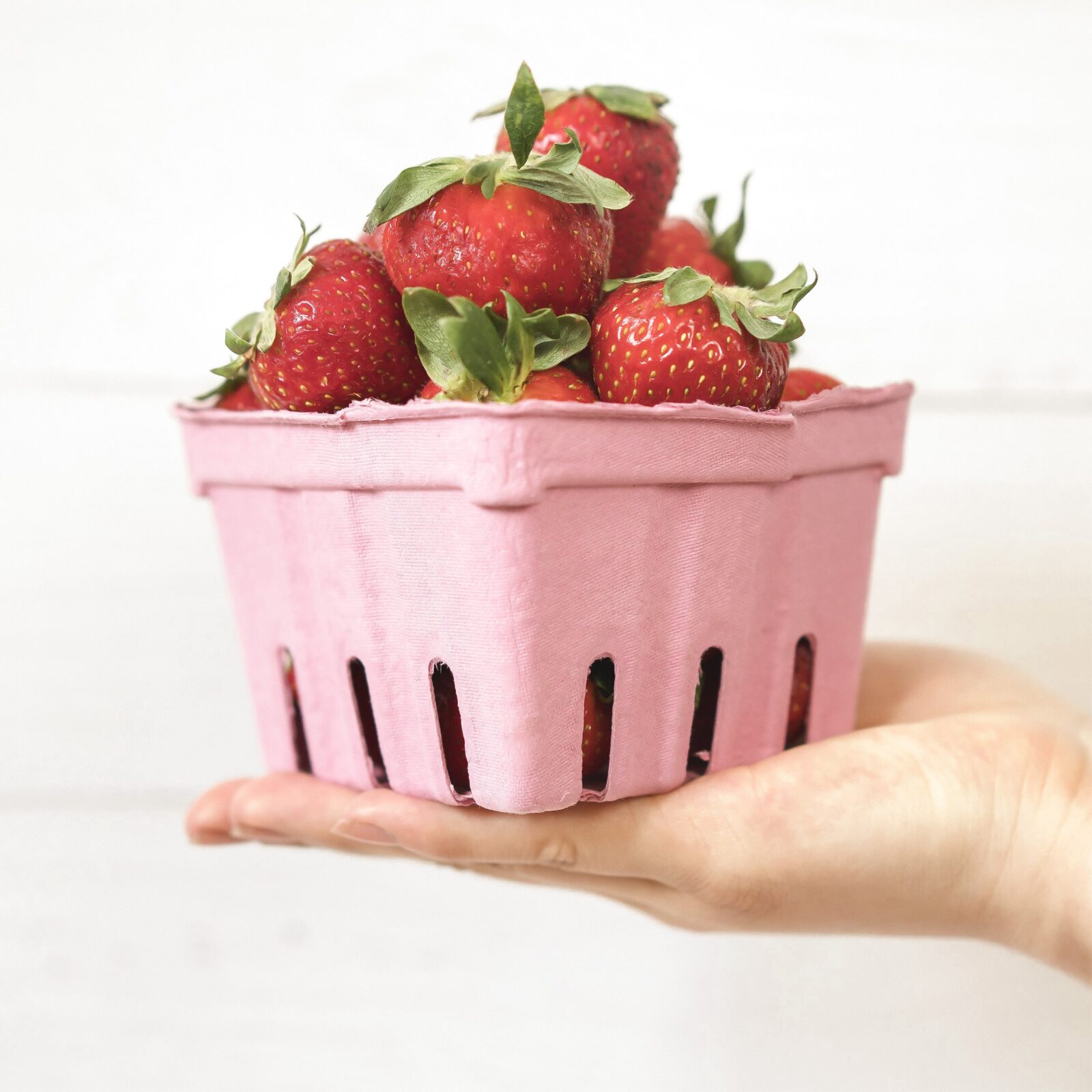
How do we protect ourselves from sun damage without daily sunscreen?
Nutrition
There are so many foods, many of which are summer fruits and vegetables, and humanely raised animal products that nourish and protect our bodies, a nutrient-dense whole food diet is key. I believe in eating your daily sunscreen instead of applying it.
- Fruits high in lycopene (tomatoes, watermelon, strawberries, etc.) are a natural sun protectant – and how cool that they are in season during the summer months?
- Foods high in vitamin E (soaked or sprouted almonds, hazelnuts, sunflower seeds, pine nuts, etc.) help protect the skin and eyes.
- Plant foods high in antioxidants (ripe fruits – blueberries, strawberries, raspberries, cherries, watermelon, bell peppers, etc.) also protect against damage. Good quality whole food source vitamin C is also rich with antioxidant properties. These antioxidants protect the body against free radicals and minimize inflammation.
- Stay hydrated, drink water, lots of water. Add a sprinkle of sea salt to keep you hydrated and your electrolytes balanced.
- Load up on healthy fats. Nourishing your body at the cellular level is the way to go. Healthy and nourished cells will not burn as easily. A nutrient-dense diet without trans fats, processed polyunsaturated fats, and high omega-3 fatty acids can help the skin protect itself. Eat lots of grass-fed butter and ghee, organic coconut oil, and pastured meats. Here is a list of therapeutic foods for essential fatty acid support.
- Vitamin A (cayenne, chili powder, egg yolks, organ meats, meats, raw dairy, etc.) is also critical to the repair process, including the repair from sunburn and damage from toxins. Recommended supplements include; Rosita Cod Liver Oil, Dessicated Liver Capsules
Choose safer sunscreen
When you know, you’ll be in the sun for many hours without shade. You will need to use a safer sunscreen. Conventional sunscreen contains many nasty chemicals that affect hormones, fertility, thyroid, adrenal glands, and the environment. I love Beautycounter’s Countersun. It uses non-nano zinc oxide or titanium dioxide, which creates a physical barrier between the skin and the sun, reflecting the sun’s rays away from the skin. This gives your skin a protective shield without all the harsh chemicals, all while being gentle and pleasant feeling on the skin.
Dress well
Wear a hat or light and airy long sleeve to protect the skin without any of the chemicals.
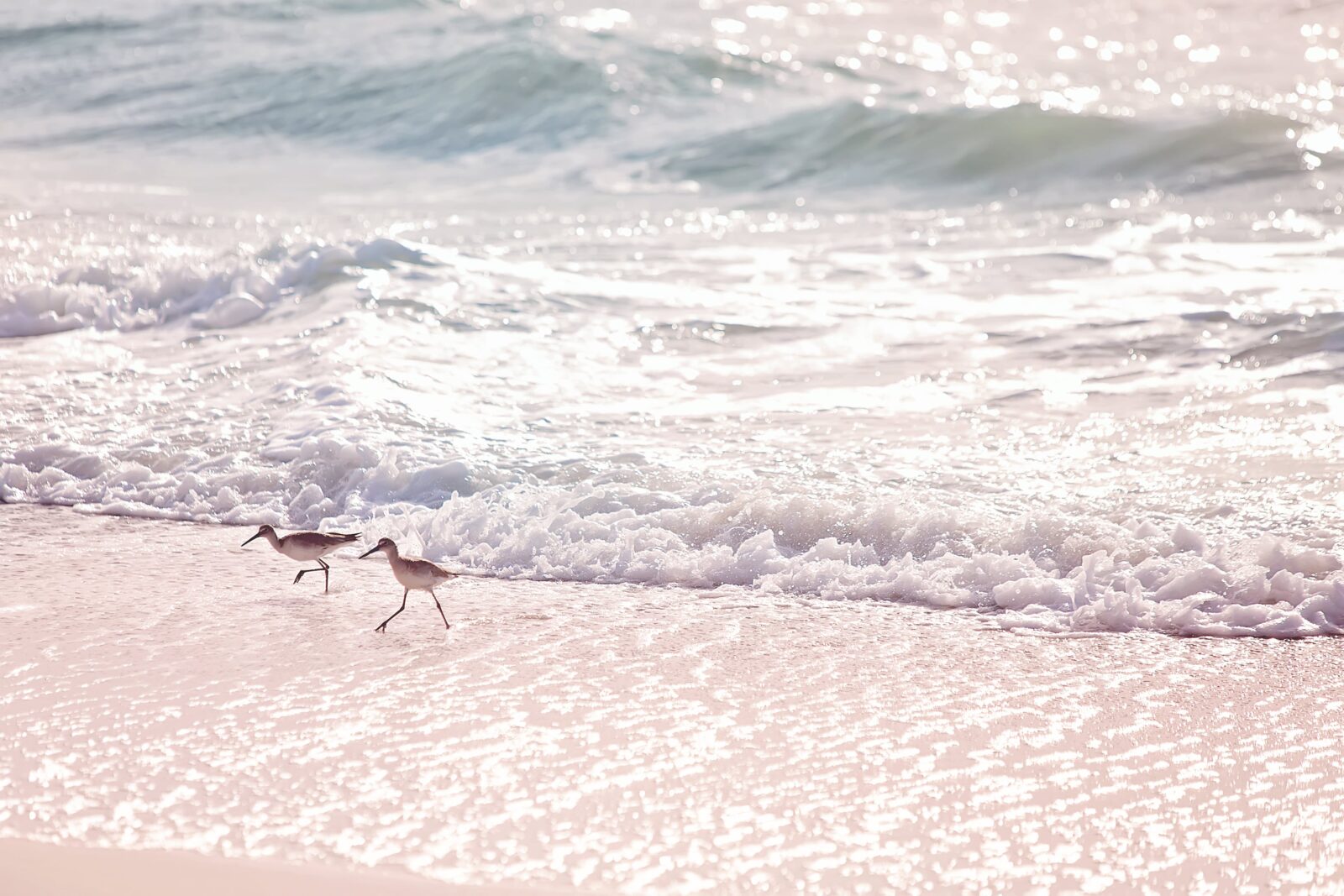
When does my family wear sunscreen, and what are some of our rules for safe sun exposure?
- When we haven’t been in the sun for a few weeks, we will limit our exposure to about 20 minutes initially and gradually work our way up from there, increasing our time in direct sunlight.
- If we know we will be in the sun for longer than a couple of hours, we will apply safer sunscreen after 1-2 hours of “unprotected” exposure.
- When we are not at the beach or pool, we will wear protective clothing or move into the shade, and we will do this after we get enough and a safe amount of sun exposure for the day.
- Sometimes, if I go outside for a more extended period on a cloudy day, I will apply coconut oil with a natural SPF of 4.
- We also eat a nutrient-rich diet filled with generous amounts of vitamin A from animal sources and plant antioxidants to help protect our skin.
What to avoid in sunscreen?
- oxybenzone
- octinoxate (Octylmethoxycinnamate)
- homosalate
- octisalate
- octocrylene
The main one you want to avoid is oxybenzone.
The Environmental Working Group has great information on this specific topic.
My recommended safer sunscreens:
- Mineral Sunscreen Lotion, SPF 30
- Countersun Mineral Sunscreen Stick, SPF 30
- Daily Sheer Defense For Face, SPF 25
- Countersun Mineral Sunscreen Mist, SPF 30
- Organic Coconut Oil, SPF 4
Post sun nourishment:
Keeping the skin hydrated after being in the sun, is very helpful in replenishing the moisture and nourishing the skin. It is best to stay hydrated with water, electrolytes, and even coconut water. I also love applying baby balm or tallow body butter. Using this great diminishes any minor burns overnight!
You can learn more about safer sunscreen & exposure, here and foods to eat for sun protection, here.
Disclaimer: This post is not intended to provide medical advice, diagnosis, or treatment and is for educational purposes only.
To order practitioner and therapeutic-grade supplements, visit my Fullscript dispensary for an automatic 15% off all orders.
*****
Use code “NURTUREMEWILD” at checkout to save 10% off all your orders at Perfect Supplements!
*****
Use code “NURTUREMEWILD” at checkout to save 15% off your first order at Crucial Four!
*****
For quality grass-fed and pastured raised meats, check out Butcher Box and save $50 on your first box!
*****
Use code “NURTUREMEWILD” at checkout to save 10% off all your orders at Primally Pure!
*****
Use code “CLEANFORALL20” at checkout to save 20% off your entire first order over at Beautycounter!
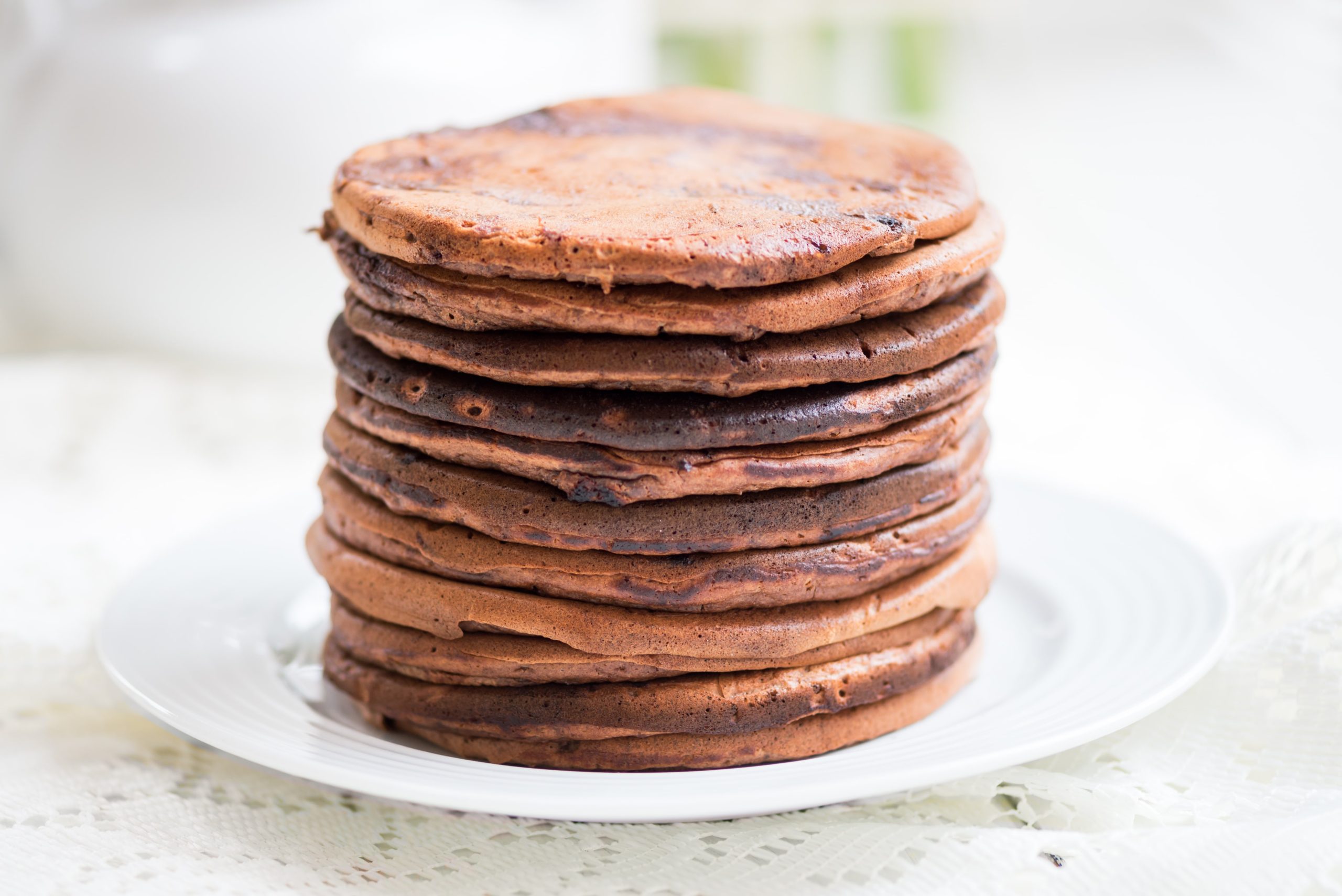
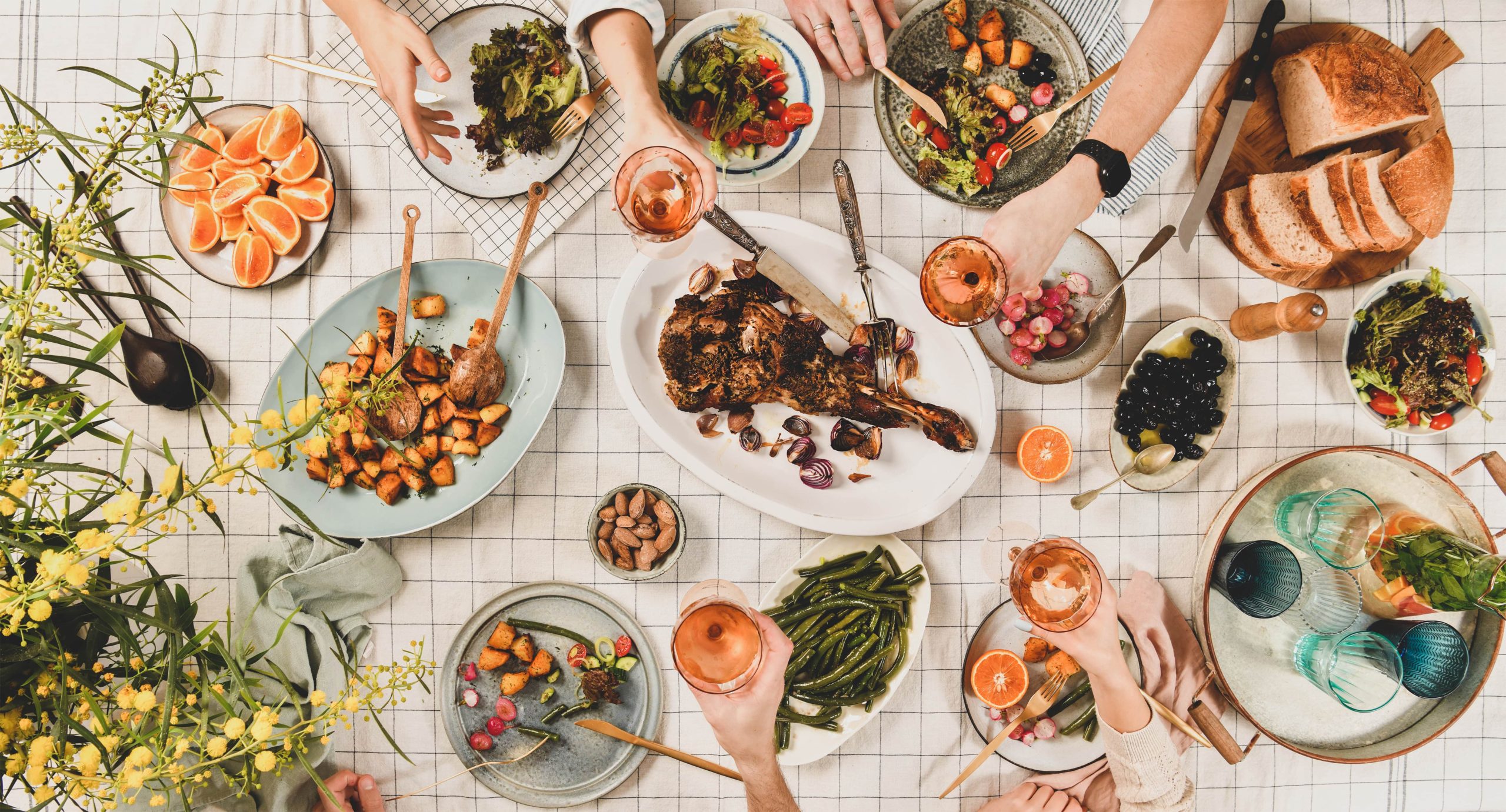
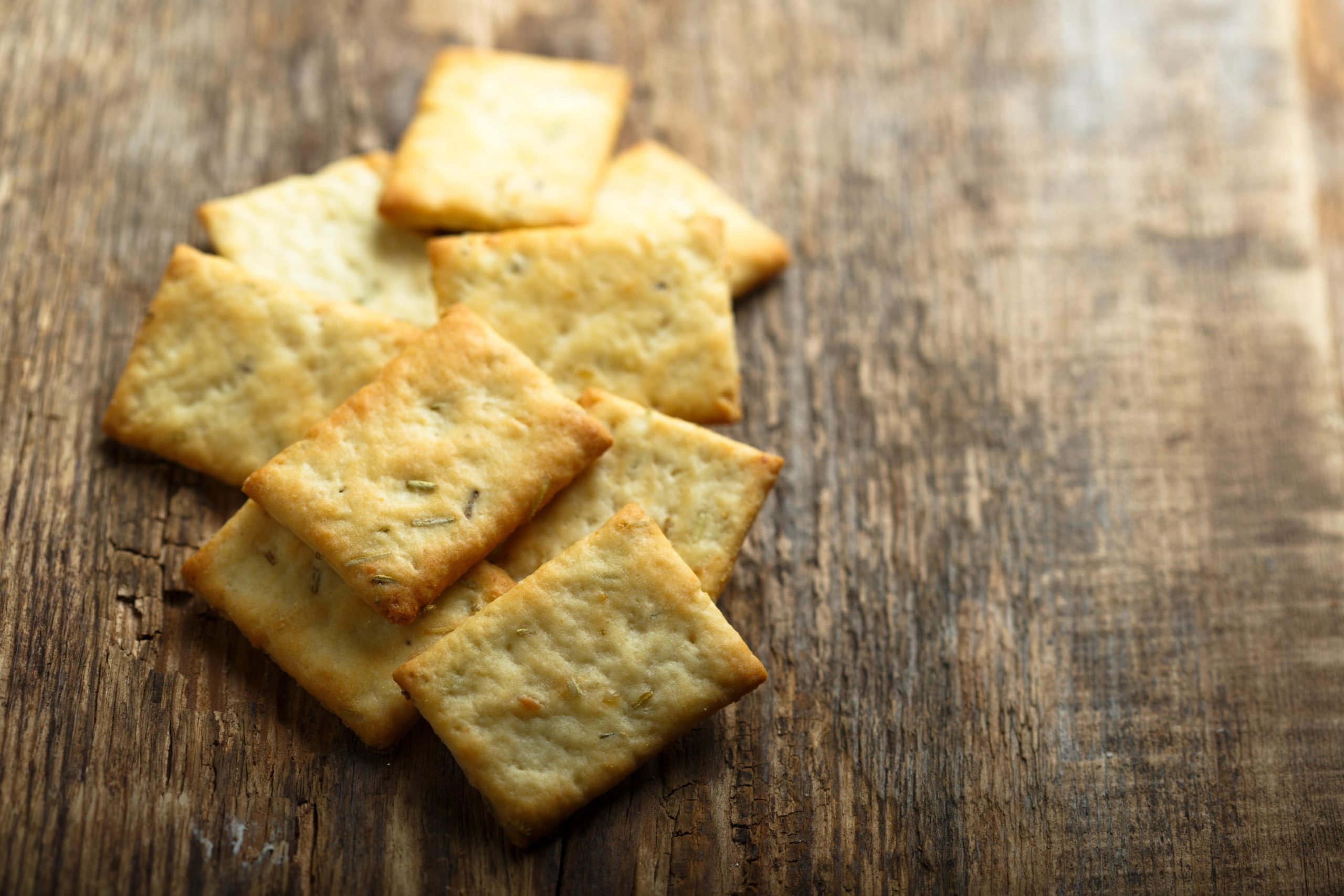
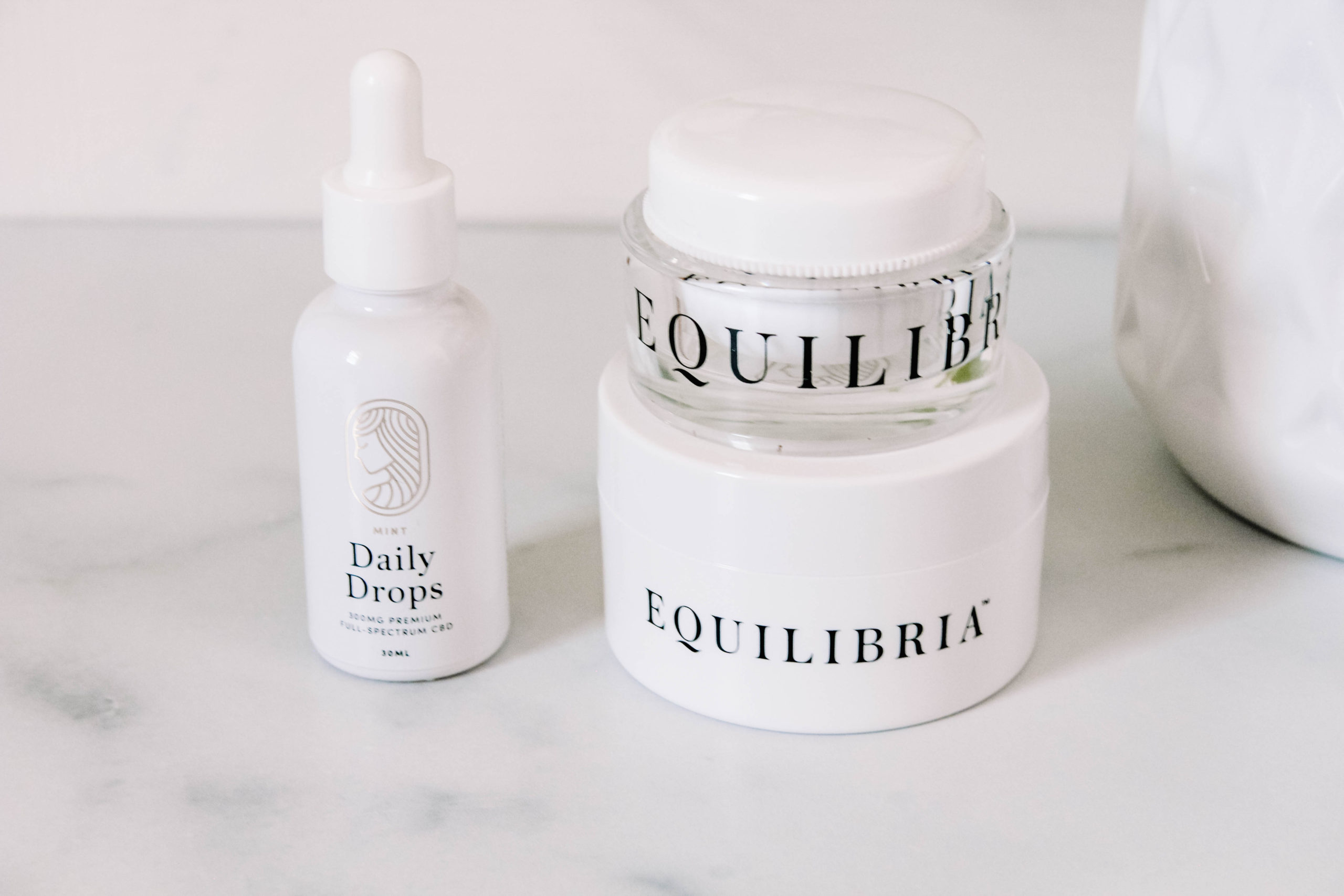
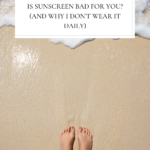
+ view comments